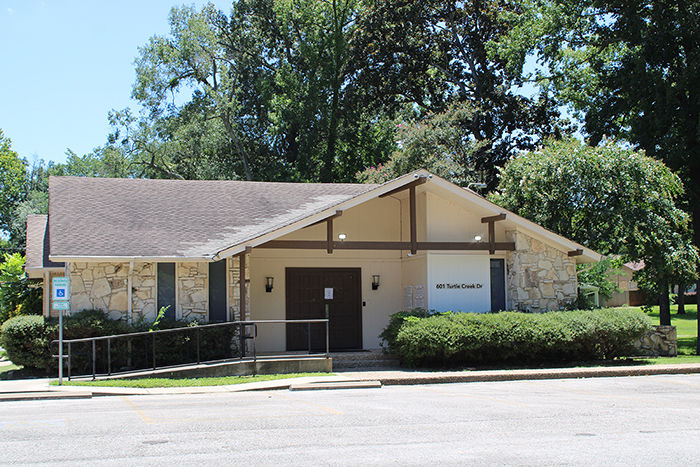Lower gas prices benefit Americans
Published 11:05 pm Sunday, December 14, 2014
Now we know — the “worst thing in the world” is, in the opinion of San Francisco Chronicle columnist Mark Morford, inexpensive gasoline.
What he means, of course, is that low gas prices are the worst thing in the world for the schemes of those whose real aim is simply to shut down all fossil fuel production.
Trending
“There is nothing good about cheap gas in America,” he claims. “All the wrong corporations ultimately benefit: big oil (shares dip, but influence surges), big auto, plastic manufacturers … Worse, all the right ideas — alternative energy, efficiency, conservation, the environment, the general social good — get re-shunned and scoffed at anew.”
Let’s examine those claims, in three parts. First, there’s “nothing good about cheap gas”? Wrong.
“For the first time in four years, Los Angeles drivers are paying less than $3 on average for a gallon of gasoline, part of a nationwide free-fall in fuel prices that could provide a substantial boost to the economy,” the Los Angeles Times reported on the same day Morford’s column was printed. “Because they’re spending less at the pump, Americans are expected to shell out more on holiday gifts, parties and travel this year. Airlines are projected to pass some of their fuel savings along to consumers next year. Businesses with previously hefty fuel bills may find room now to lower prices or increase wages.”
How much of a boost to the economy? Americans “could find an extra $100 billion in their wallets next year compared with this year,” the Times notes.
Granted, Morford doesn’t see that as a positive thing. He prefers economic misery, because of an alternative set of goals: “When gas prices skyrocket,” he writes, “we adapt in all the right ways: Drive less, ride-share more, telecommute, walk to work, get out of our cars and back into the more connected social flow.”
But that’s like saying that dieting at gunpoint is a good thing.
Trending
Second, Morford claims “all the wrong corporations benefit.” Such as “big oil (shares did, but influence surges).” How, exactly does influence surge? He doesn’t make that clear. For all corporations, the bottom line is the bottom line, and American corporations — which are America’s employers — suffer. That gets passed along in fewer jobs, less investment and delayed plans for the future.
Third, Morford claims “all the right ideas” get “re-shunned” anew. One idea, along with alternative energy (presumably excluding nuclear, which is the only proven alternative), is a $6 per gallon gas tax he proposes.
“Can you imagine?” Morford asks. “The dramatic upheaval? The wild spurts of innovation? The furious new trends toward super efficiency? More public transport. Less sprawl. More efficient verticality. Local businesses flourish.”
Actually, no. Certainly Americans are adaptable, but in Morford’s world, everyone would suffer a drastic decline in their standard of living. Urban elites — who never have kids to pick up from soccer practice after a trip to the grocery store but before the orthodontist appointment — might think they benefit.
Until they see their grocery bills.
Lower gas prices do, in fact, benefit Americans.







